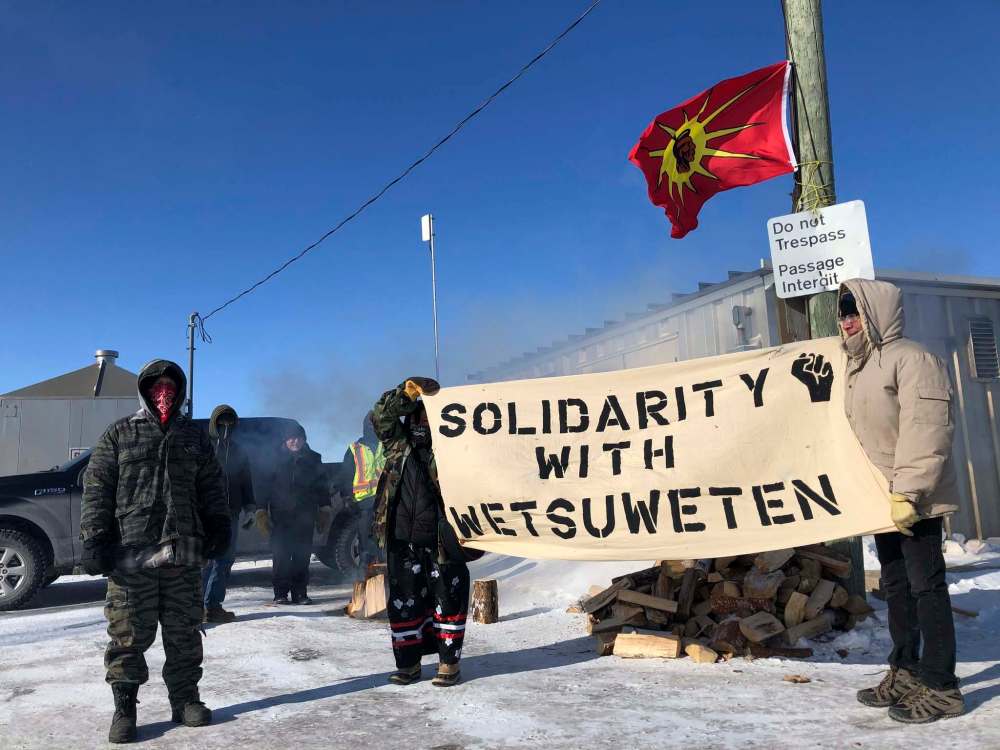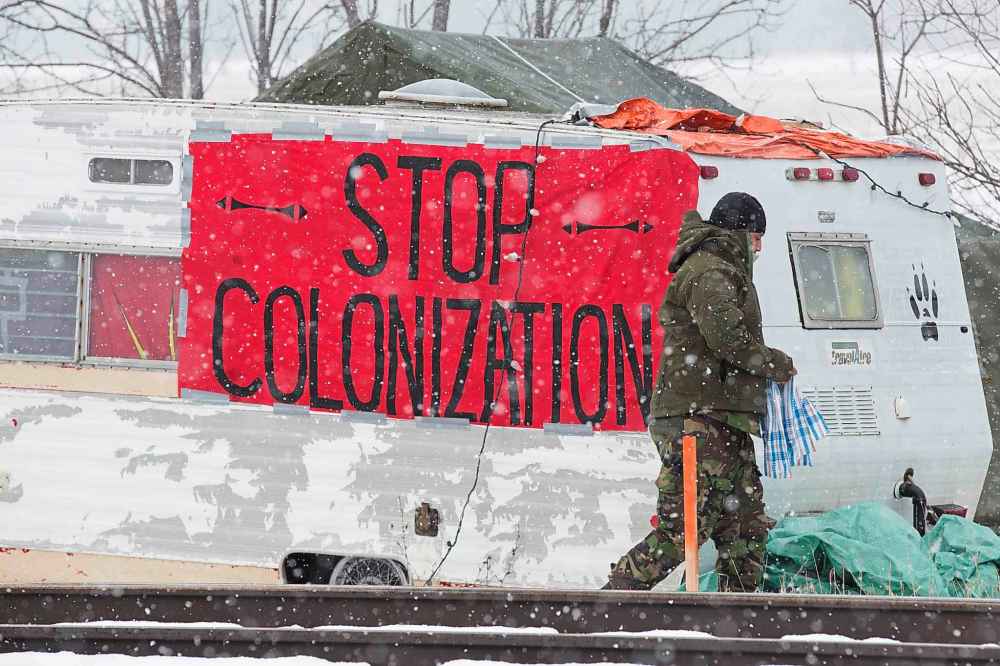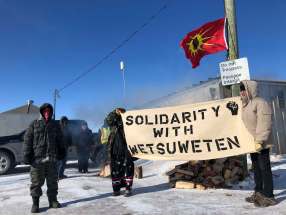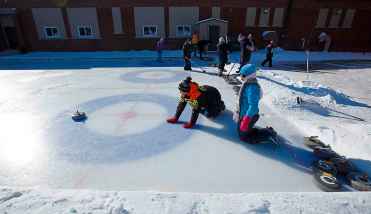Pallister seeks to put premier pressure on Ottawa resource-project process
Read this article for free:
or
Already have an account? Log in here »
To continue reading, please subscribe:
Monthly Digital Subscription
$0 for the first 4 weeks*
- Enjoy unlimited reading on winnipegfreepress.com
- Read the E-Edition, our digital replica newspaper
- Access News Break, our award-winning app
- Play interactive puzzles
*No charge for 4 weeks then price increases to the regular rate of $19.00 plus GST every four weeks. Offer available to new and qualified returning subscribers only. Cancel any time.
Monthly Digital Subscription
$4.75/week*
- Enjoy unlimited reading on winnipegfreepress.com
- Read the E-Edition, our digital replica newspaper
- Access News Break, our award-winning app
- Play interactive puzzles
*Billed as $19 plus GST every four weeks. Cancel any time.
To continue reading, please subscribe:
Add Free Press access to your Brandon Sun subscription for only an additional
$1 for the first 4 weeks*
*Your next subscription payment will increase by $1.00 and you will be charged $16.99 plus GST for four weeks. After four weeks, your payment will increase to $23.99 plus GST every four weeks.
Read unlimited articles for free today:
or
Already have an account? Log in here »
Hey there, time traveller!
This article was published 13/02/2020 (2125 days ago), so information in it may no longer be current.
Brian Pallister says he’s attempting to organize a conference call with his fellow premiers to demand Ottawa provide clarity on the approval process for future resource development projects.
The Manitoba premier said the cross-Canada blockades in protest of the construction of the Coastal GasLink pipeline in northern British Columbia underscore the need for an improved application process.
“I’m going to be communicating to all my premier colleagues to see if we can’t communicate again to the federal government the need for clarity around the application process and the manner in which we deal with resource-project applications,” Pallister told a news conference Thursday.

Meanwhile, Pallister said the province will abandon a plan to seek a court injunction to end a rail blockade on Canadian National’s main line west of Winnipeg because the railway has already done so. The premier had announced the measure Wednesday.
Pallister said at their past two meetings, the country’s first ministers have called for a “less onerous, less confusing, less frustrating and, clearly, a less divisive process” for resource development than the current model.
“What’s happening is that people are very frustrated, because they’re not understanding or feeling heard through a process that needs to give balance to the environmental impacts of resource applications in our country but also the economic impacts… they’re not separated from each other,” he said.
“When we have a process that people can understand and that they feel is respectful and that hears them, then we’re going to have… less in the way of people feeling so frustrated that they’re willing to flout the law or potentially break the law.”
“When we have a process that people can understand and that they feel is respectful and that hears them, then we’re going to have… less in the way of people feeling so frustrated that they’re willing to flout the law or potentially break the law.”–Premier Brian Pallister
On Thursday, demonstrators abandoned a blockade along CN tracks west of Winnipeg roughly an hour after saying they would defy a court order and remain at the site until their demands were met.
Pallister has long complained about the federal government’s “onerous” consultation requirements as he’s pushed for federal approval of the Lake Manitoba-Lake St. Martin outlet channels.
Late last year, it was revealed communities Ottawa had compelled Manitoba to consult in May 2018 on the channel projects had still not heard from the province.

On Thursday, when asked about possible gaps in the provincial consultation process, the premier would only say he would address the issue Tuesday.
The premier noted First Nations communities had suffered as a result of flooding along the two Manitoba lakes.
“The very people who stand to benefit the most from the construction of an outlet will not benefit by delays in dealing with the process of consultation,” he said.

Pallister criticized the approach taken by the Wet’suwet’en Nation hereditary chiefs in the stalemate in northern B.C.
“In this particular instance, the proponent (TransCanada Pipelines) has said that they have reached out over a six-year period to hereditary chiefs to get input, and that they have not had participation from hereditary chiefs,” he said.
“Now there’s a process underway saying hereditary chiefs are right to oppose the project. They may be right to oppose the project. They are wrong not to participate in the process which evaluated the project itself.”
larry.kusch@freepress.mb.ca

Our newsroom depends on a growing audience of readers to power our journalism. If you are not a paid reader, please consider becoming a subscriber.
Our newsroom depends on its audience of readers to power our journalism. Thank you for your support.

















